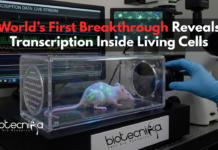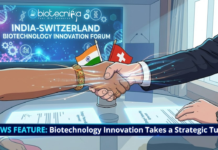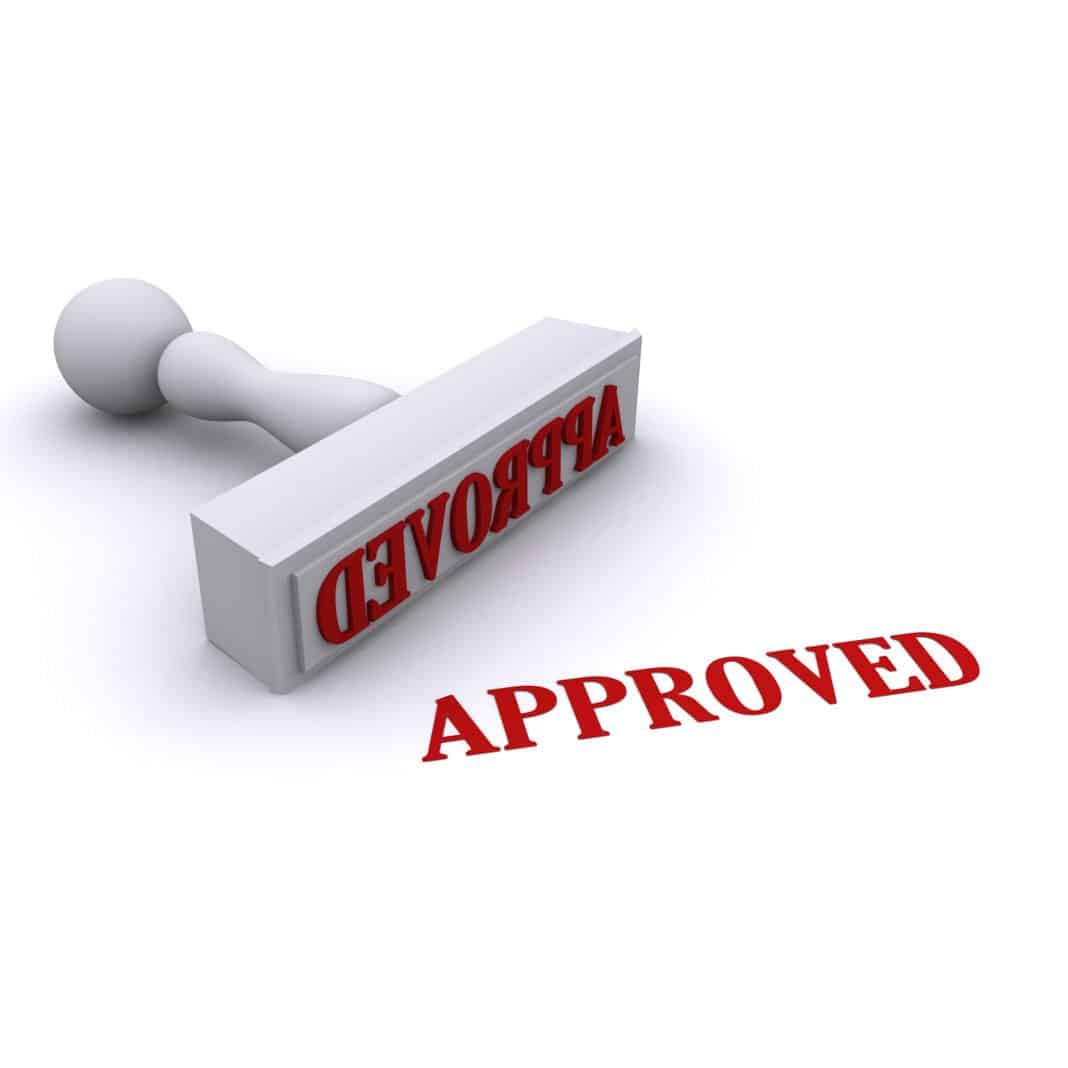Second CAR-T, non-Hodgkin Lymphoma Approved by the USFDA
The second in a radically new class of treatments that genetically reboot a patient’s own immune cells to kill cancer has now been approved by the FDA.
Kite’s Yescarta is the first chimeric antigen receptor T cell (CAR T) therapy for the treatment of adult patients with relapsed or refractory large B-cell lymphoma after two or more lines of systemic therapy, including diffuse large B-cell lymphoma (DLBCL) not otherwise specified, primary mediastinal large B-cell lymphoma (PMBCL), high-grade B-cell lymphoma, and DLBCL arising from follicular lymphoma (transformed follicular lymphoma, or TFL). It is also the second gene therapy to be approved for cancer.
“Today marks another milestone in the development of a whole new scientific paradigm for the treatment of serious diseases. In just several decades, gene therapy has gone from being a promising concept to a practical solution to deadly and largely untreatable forms of cancer,” said FDA Commissioner Scott Gottlieb, M.D.
“This approval demonstrates the continued momentum of this promising new area of medicine and we’re committed to supporting and helping expedite the development of these products. We will soon release a comprehensive policy to address how we plan to support the development of cell-based regenerative medicine. That policy will also clarify how we will apply our expedited programs to breakthrough products that use CAR-T cells and other gene therapies. We remain committed to supporting the efficient development of safe and effective treatments that leverage these new scientific platforms.”
Kite, a Gilead company, has its treatment cut out for the most common form of non-Hodgkin lymphoma, a particularly aggressive cancer called diffuse large B cell lymphoma, or DLBCL.
Diffuse large B-cell lymphoma (DLBCL) is the most common type of NHL in adults. NHLs are cancers that begin in certain cells of the immune system and can be either fast-growing (aggressive) or slow-growing. Approximately 72,000 new cases of NHL are diagnosed in the U.S. each year, and DLBCL represents approximately one in three newly diagnosed cases. Yescarta is approved for use in adult patients with large B-cell lymphoma after at least two other kinds of treatment failed, including DLBCL, primary mediastinal large B-cell lymphoma, high grade B-cell lymphoma and DLBCL arising from follicular lymphoma. Yescarta is not indicated for the treatment of patients with primary central nervous system lymphoma.
Each dose of Yescarta is a customized treatment created using a patient’s own immune system to help fight the lymphoma. The patient’s T-cells, a type of white blood cell, are collected and genetically modified to include a new gene that targets and kills the lymphoma cells. Once the cells are modified, they are infused back into the patient.
Kite’s chief medical officer, David Chang, M.D., Ph.D., said that Yescarta’s value lies in its potential to offer hope to patients who have run out of options. Patients who relapse after multiple rounds of chemo or a stem-cell transplant “rarely achieve complete remission,” he said. “Their chance of complete remission from salvage therapy is only 7%.” In Kite’s pivotal study, 72% of patients responded and 51% achieved complete remission during the median follow-up period of about 8 months.
Although Yescarta didn’t work for all 101 patients assessed in the pivotal trial, the trial results “show the potential for a cure,” Chang said.
Chang said that over the course of the study, investigators got better at recognizing adverse symptoms early on and addressing them with antibodies or steroids. Kite continues to do research aimed at improving that process, he said.
Kite’s therapy will cost $373,000 for a one-time dose, a price tag guaranteed to spur debate among insurers and public health officials. Novartis’ treatment, Kymriah, costs $475,000 per patient, a jarring price tag the company defended by pointing to the treatment’s never-before-seen benefits. Novartis also proposed a system in which Medicaid would only pay for the drug if patients respond within a month.
Yescarta’s label will carry an FDA warning tied to an inflammatory storm called cytokine release syndrome, a reaction to CAR-T that can prove fatal in some patients but is commonly controlled with immunosuppressant drugs. Novartis’s therapy carries the same caution.























